
6 reasons your herb garden might have failed
11th Jun '19 • By Service.com.au
Have you ever planted an herb garden only to have it fail within a couple of months or even weeks? Don’t worry, we’ve all been there! Here are a few reasons your herb garden might have not reached its potential.

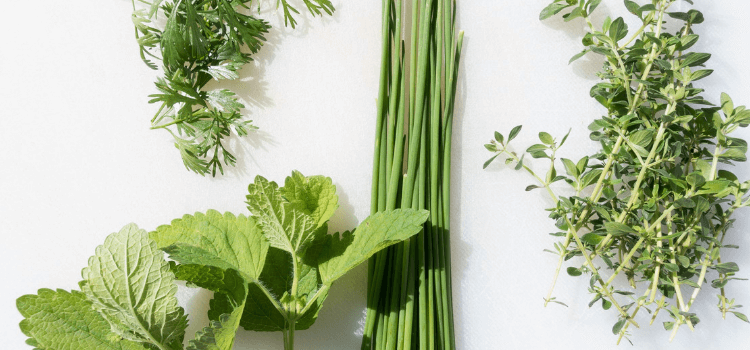
1. The plants
For a perfect herb garden, you really have to choose the right kind of plants. Make sure you find that perfect herb that will be suitable for your garden. Remember that herbs can be perennials or annuals; so look for a combination of both.
There is nothing worse than having your herb garden go south overnight, because you have planted herbs that only last one year. Check out an herb garden cheat sheet to understand which herbs function best during which times of year. Look around for healthy, bright specimens that will not only look great but present well on the dinner plate.
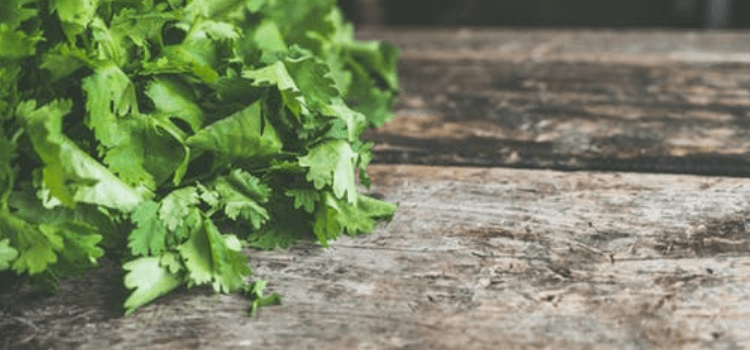
Make sure there are no bugs or eggs on the plant. These are a sure sign that the plant has not had a great start in life. Infested herbs will prove to be a great waste of extra time, which won’t help in an age where we are time poor. Discard herbs that look weak or don’t appear very robust. These herbs will require lots of effort and time to grow. Look to find the most suitable and healthiest herbs for your garden, as this will ensure that the process runs smoothly.
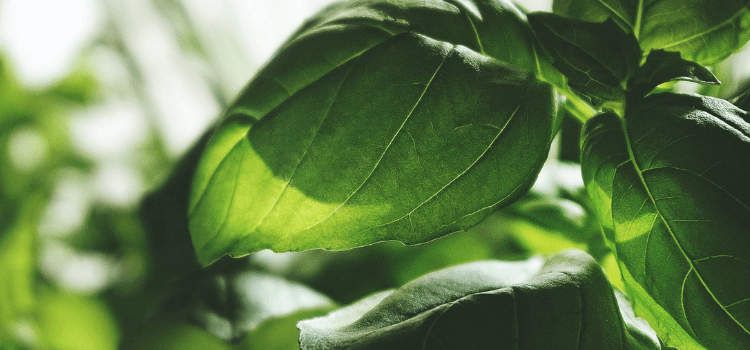
2. The environment
Herbs require the right kind of environment. If you intend to plant rosemary in a humid, moist area, then your rosemary will surely fail within a few weeks. This particular plant loves chalky soil and dryness. Make sure you understand each plant’s requirements before you purchase, in order to provide the most suitable environment for maximum growth.
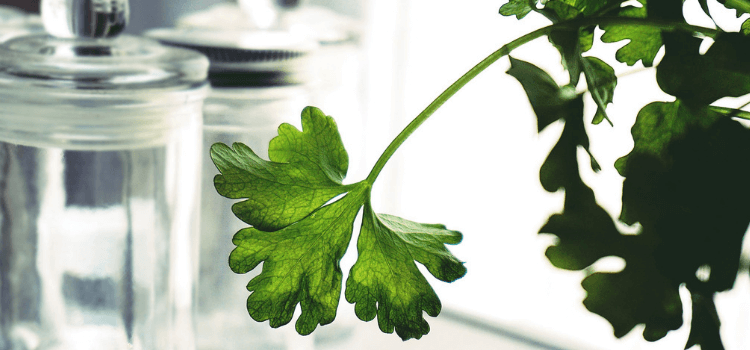
3. Pruning
All plants need to be pruned regularly and at the right time. Herbs in this instance are not an exception. If you want herbs to grow neatly and at a quick rate, they have to be pruned. If you don’t prune, then you will have a plant that will grow tall but with little or no leaves.
There are two types of herbs that require two different pruning methods. Herbaceous herbs (Chives, Mint, and Tarragon) do wilt during the cold months and need to be harvested completely during Winter. The other type of herbs are known as Evergreen (Rosemary, Thyme, Sage) and these herbs need to be pruned once a year, either in Spring or Autumn.
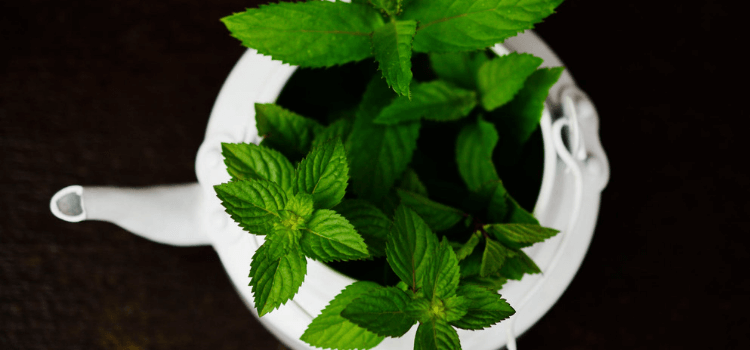
4. Space for growth
A lot of novice herb gardeners tend to overcrowd their plants. It’s much easier to under-plant when starting your first herb garden. When you buy herbs, it’s essential to read the plant tags carefully. You need to be aware as to how tall and wide the plant can grow, in order to space each herb correctly. If they are planted too close to each other, then the root systems won’t be as healthy as they could be. This will make it difficult for them to survive through a long Winter and also show expansive growth during the next season. Still herb gardens are a great gardening idea for urban areas
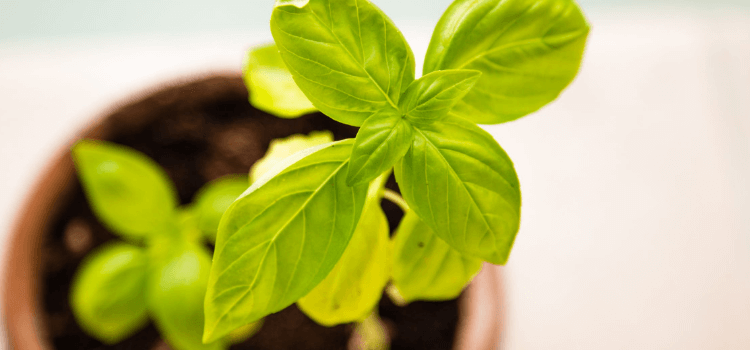
5. Flowers
Herb plants are great flowering plants too! These plants do produce several different types of edible flowers. However, if you wish to keep your herbs long term, it’s best to cut flowers off before they form. The reason for doing this is because flowering herbs are a sign the plant has reached the end of its life cycle and wants to seed. The best way to keep herbs for a long time is by preventing the formation of flowers. If a flower has formed, don’t be afraid to trim it below the flower or the entire stem.
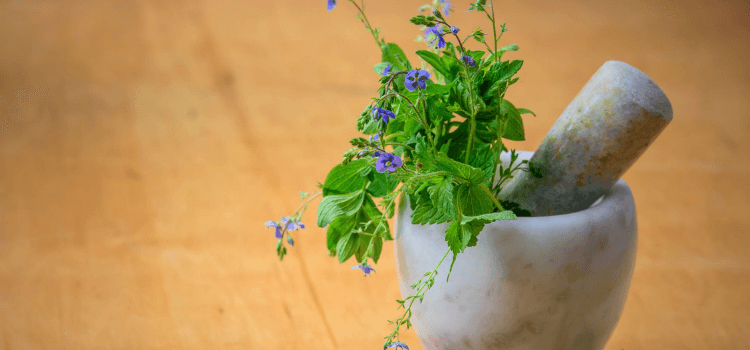
6. Chemicals
Last but certainly not least, you shouldn’t spray chemicals on your herbs. Do think twice before you do this. Fertilisers and insect controls will reduce the lifespan of your herb garden significantly. It’s best to use a compost tea to fertilise, which is a natural product. Remember that we grow herbs to eat, so the last thing you want to do is spray it with some kind of pesticide.

Having a flourishing herb garden takes time, plenty of research and practice. Remember, even the most experienced gardeners can make mistakes. As Thomas Edison famously quoted, “I haven’t failed. I’ve just found 10,000 ways that won’t work.”
So make sure to treat each mistake as a learning experience and strive to improve your garden next time! Something to keep in mind is to really pay attention to details; look closely at how your herbs are growing, so you will notice when things go awry. Choose the best beginner plants for edible gardens. One final tip: if you love a lamb roast, then consider growing rosemary. A few twigs in the meat and the flavour is exceptional!
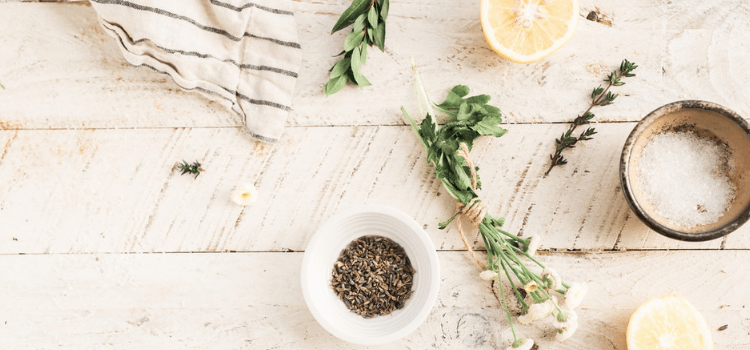
Need a little help getting started or need advice? Find a local gardener near you today!
Further reading:
The benefits of growing your own fruits and veggies
8 beginner plants for edible gardens
8 essential natural products for your home
Creative alternatives to plastic bags